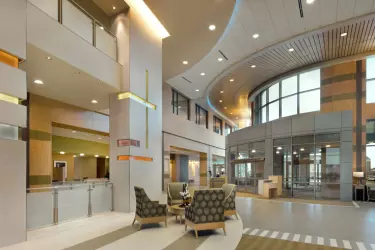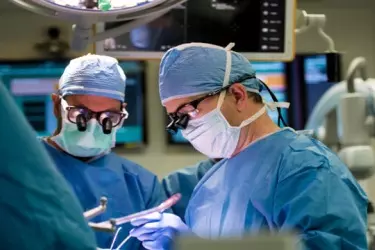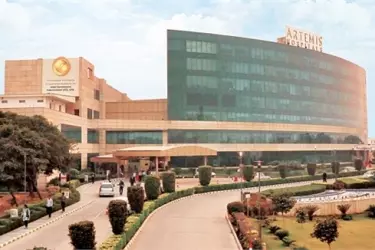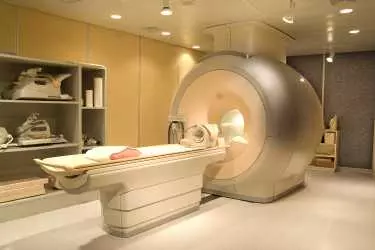
Cataract is the clouding of the eye's natural lens. It is the most common cause of vision loss in people over age 40 and is also the principal cause of blindness in the world. Types of cataracts include:
A subcapsular cataract occurs at the back of the lens. People with diabetes or those taking high doses of steroid medications have a greater risk of developing a subcapsular cataract.
A nuclear cataract forms deep in the central zone (nucleus) of the lens. Nuclear cataracts usually are associated with aging.
A cortical cataract is characterized by white, wedge-like opacities that start in the periphery of the lens and work their way to the center in a spoke-like fashion. This type of cataract occurs in the lens cortex, which is the part of the lens that surrounds the central nucleus.

Cataract surgery is a procedure to remove the lens of your eye and in most cases replace it with an artificial lens. Cataract surgery is used to treat the clouding of the normally clear lens of your eye (cataract).
Cataract surgery is performed by an eye surgeon (ophthalmologist) on an outpatient basis which means you don't have to stay in the hospital after the surgery. Cataract surgery is very common and is generally a safe procedure.
First, your doctor will place eye drops in your eye to dilate your pupil. You'll receive local anesthetics to numb the area, and you may be given a sedative to help you relax. If you're given a sedative, you may remain awake, but groggy, during surgery.
During cataract surgery, the clouded lens is removed, and a clear artificial lens is usually implanted. In some cases, however, a cataract may be removed without implanting an artificial lens.

Phacoemulsification - Most modern cataract procedures involve the use of a high-frequency ultrasound device that breaks up the cloudy lens into small pieces, which are then gently removed from the eye with suction.
This procedure, called phacoemulsification or "phaco," can be performed with smaller incisions than previous surgical techniques for cataract removal, promoting faster healing and reducing the risk of cataract surgery complications, such as a retinal detachment.
After all remnants of the cloudy lens have been removed from your eye, the cataract surgeon inserts a clear intraocular lens, positioning it securely behind the iris and pupil, in the same location your natural lens occupied.
Laser Cataract Surgery - Laser cataract surgery (or, more accurately, laser-assisted cataract surgery) is fairly new and significantly increases cataract surgery cost, because the cost of this laser machine is around 1.5 Crores for a surgeon to purchase and there are other significant costs associated with the use and maintenance of this technology.
While studies have shown that lasers can improve accuracy during certain steps of cataract surgery, they may not necessarily improve cataract surgery safety, recovery time and visual outcomes in every case.

Our hospitals are located in the northern part of India specially in the NCR region comprising New Delhi, Gurgaon, Noida and Faridabad which all are within a distance of 20-50 kms from the New Delhi airport. Our hospitals are super specialty in the fields of Neurosurgery, Cardiology, Joint Replacement, Cancer Care, Liver and Kidney Transplants, Cosmetic Surgery and many other branches of medicine. All our hospitals offer quality treatment and are accreditated by NABH or JCI. For patients coming from other countries our team members would receive you at the airport and escort you to the hospital or the hotel as the case maybe.

We have the latest MRI, CT Scan, Digital X-Ray, Mammography, Ultrasound, Colour Doppler, PET CT Scan, Gamma Camera (Nuclear Medicine Scans), Image Guided Radiation Therapy, Gamma Knife, Cyber Knife, Thoracosopy, Sleep Study, Lung Ultrasound, Bronchoscopy, EBUS TACE, PTBD, TARE, Liver Biopsy, Lung Biopsy etc which gives us the diagnostic and theraputic confidence for providing the right treatment.
Modular fully equipped Operation Theatres with Computer Navigation and C-Arm backed by a state of art ICU helps us in providing world class treatment to our patients. We are equipped to handle the most complex of the surgeries due to the state of art cutting edge technology.


Our team of doctors include some of the best names from the Indian Medical Fraternity. Dr Arun Saroha Dr V.S.Mehta, Dr Vikas Kathuria, Dr Sandeep Vaishya in Neurosurgery, Dr Sumita Singh in Breast and Piles, Dr AK Sethi, Dr Anubhav Jain, Dr Subhash Jangid, Dr Debashish, Dr Anuj Chawla, Dr Ratnav Ratan, Dr Reetandyuti and Dr Praveen Tittal in Joints, Dr Priyanjana Sharma in ENT, Dr Kaushal Yadav, Dr Ankur Garg, Dr Shilpi Sharma, Dr Abhishek Mitra in Cancer Surgery, Dr Pramod Prasad, Dr Sumita Singh and Dr Vikram Singh in GI Laparoscopic Surgery, Dr Sadhna Sharma, Dr Anjali Kumar and Dr Parvinder Kaur in Obs, Gynae and Infertility, Dr Raman Tanwar and Dr Chandrakant Kar in Urology, Dr Pramod Prasad for Pilonidal Sinus Surgery are some of the key doctors with us.
This patient in India was suffering from Diabetic Neuropathy but could not consult a Neurologist before 6 months so the patient came to India and recovered fully in just 15 days. Watch the video above to know the full story.
In this video you would see the patients from several countries sharing their experiences about treatment in Indian Hospitals for all kinds of conditions. Watch the video to know what to expect when you come to India.
This is the story of a Bangldeshi Patient who was shot in the neck in line of duty and got complete quadriplegia due to the injury. Watch the video to see the amazing recovery due to the treatment provided in India.